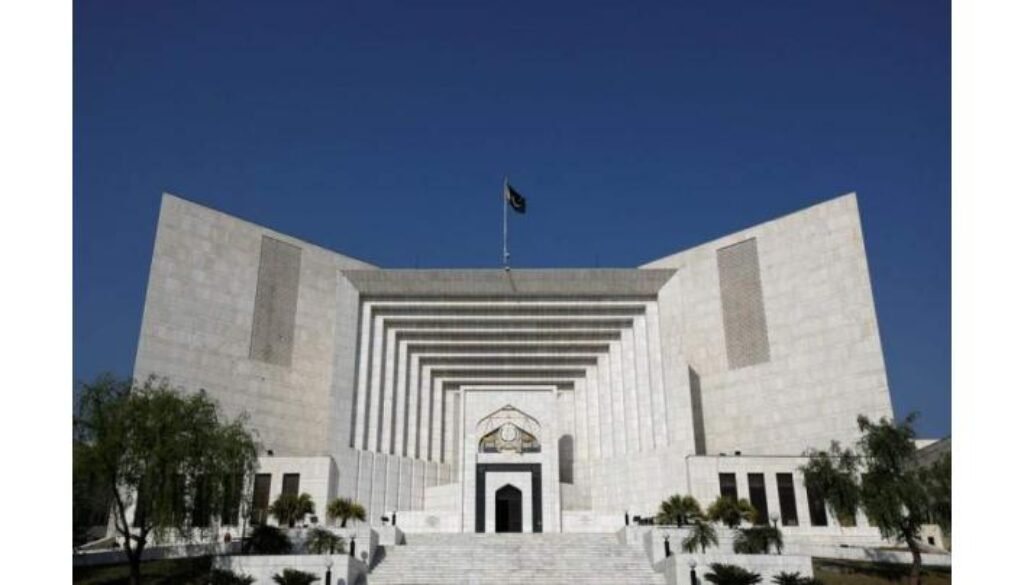BHC Judges Recommend Legal Action Over Agencies Interference Into Judicial Matters
The judges of the Balochistan High Court ask Chief Justice of Pakistan (CJP) Qazi Faez Isa to investigate the matter of the agencies’ interference into the judicial matters.
The Balochistan High Court (BHC) has recommended taking legal action against individuals involved in the unauthorized telephone tapping or video recording of judges and their families.
During a Supreme Court hearing related to allegations made by Islamabad High Court (IHC) judges regarding ‘interference’ by security agencies in judicial affairs, the BHC judges submitted these recommendations.
The BHC judges suggested that the Chief Justice of Pakistan (CJP) should conduct an investigation into the matter. They recommended that the complainant judge provide a sworn statement, which should be exempt from cross-examination once submitted.
Additionally, the judges recommended initiating contempt of court proceedings against any agencies found to interfere with or blackmail district or other judges.
They further advised that the Chief Justice, session judges, or others collect CCTV footage of any interventions. Session judges should report such incidents to the high court, which would then form a five-judge bench to address the matter.
The judges stressed that if a high court judge reports interference, it should be brought to the attention of the Chief Justice, emphasizing that judges should not face repercussions for lodging complaints.
In their recommendations, judges from the Peshawar High Court (PHC) proposed prohibiting the entry of intelligence agency representatives and maintaining the confidentiality of complaints.
They urged the judiciary to establish a mechanism for engagement with other branches of the state.
Furthermore, they advised judges to refrain from meeting with agencies or their representatives and to avoid using social media platforms such as WhatsApp, Instagram, or Facebook.
Chief Justice Qazi Faez Isa remarked during the hearing that there are limits to what recommendations can achieve.
A six-member bench of the Supreme Court, led by CJP Qazi Faez Isa, including Justice Syed Mansoor Ali Shah, Justice Jamal Khan Mandokhail, Justice Athar Minallah, Justice Musarrat Hilali, and Justice Naeem Akhtar Afghan, heard the case.
The Chief Justice of Pakistan took suo motu notice on April 1 of the IHC judges’ letter, which alleged interference by intelligence agencies in judicial matters.
The letter, written by six IHC judges following the Supreme Court’s March 22 ruling on Shaukat Aziz Siddiqui’s dismissal case, sought guidance from the Supreme Judicial Council (SJC) on the duty of a judge to report and respond to actions by the executive, including operatives of intelligence agencies, that interfere with the discharge of their official duties and constitute intimidation.





